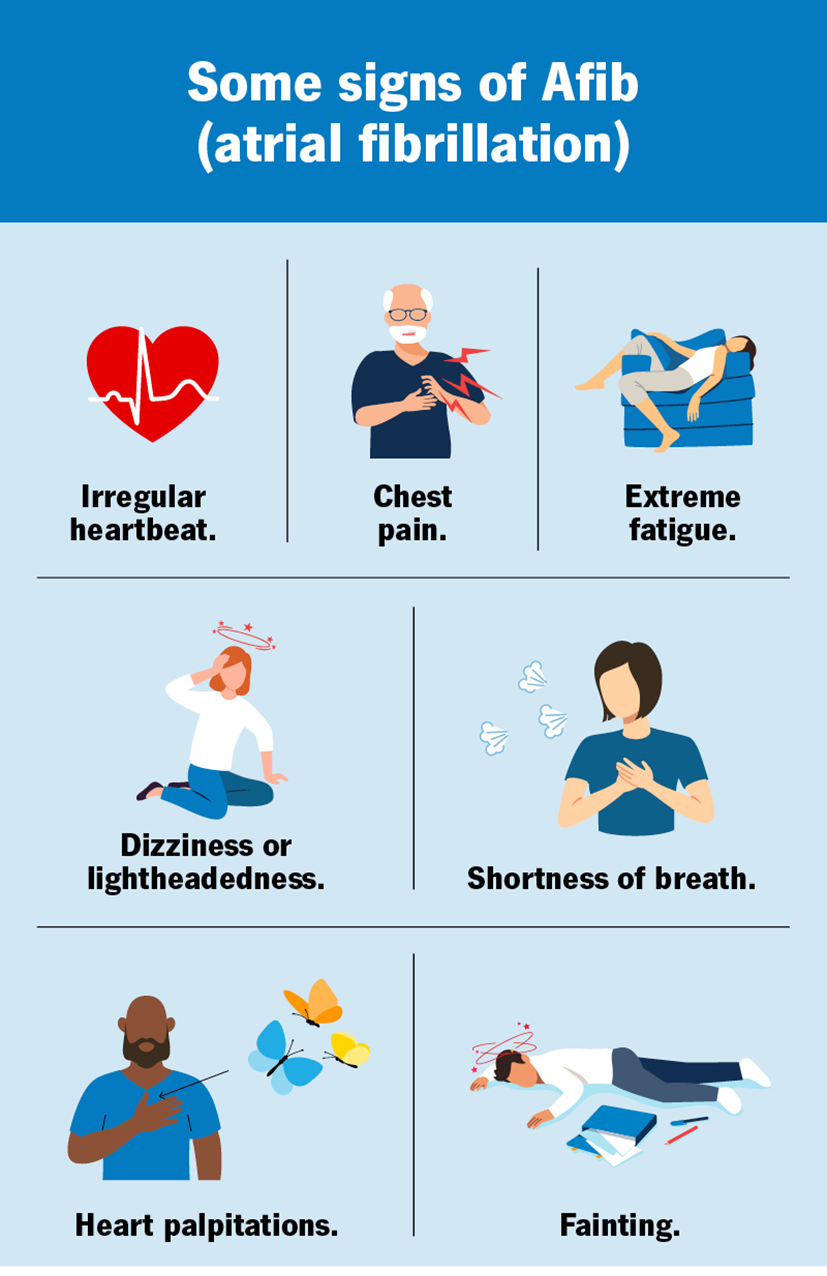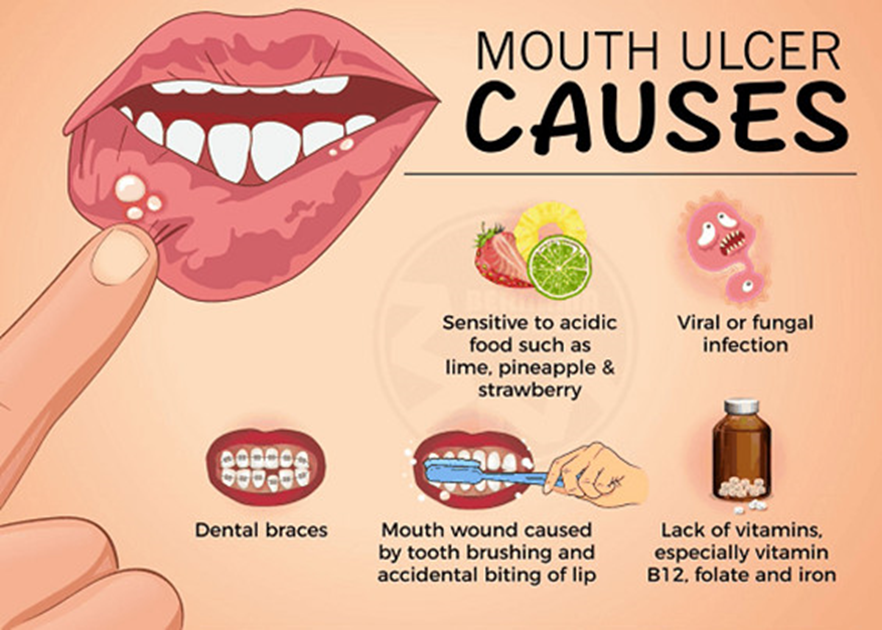The nurse is caring for a client with atrial fibrillation who receives a prescription for warfarin. The international normalized ratio (INR) is 2.8. Which action should the nurse take?
Give the next scheduled dose.
Obtain another blood sample.
Monitor for signs of bleeding.
Notify the healthcare provider.
The Correct Answer is D
Choice A reason: Giving the next scheduled dose without further assessment is not advisable. An INR of 2.8 is within the therapeutic range for many conditions treated with warfarin, but it is important to ensure that the INR is stable and not trending higher, which could increase the risk of bleeding.
Choice B reason: Obtaining another blood sample might be necessary if there is suspicion of an error or if the INR is unexpectedly high or low. However, in this scenario, the INR is within the therapeutic range, so this action is not immediately necessary.
Choice C reason: Monitoring for signs of bleeding is always important for clients on warfarin, but it does not address the immediate need to communicate with the healthcare provider about the current INR level and any potential adjustments to the medication.
Choice D reason: Notifying the healthcare provider is the most appropriate action. The healthcare provider needs to be aware of the current INR level to make any necessary adjustments to the warfarin dosage and to provide further instructions on monitoring and follow-up.

Nursing Test Bank
Naxlex Comprehensive Predictor Exams
Related Questions
Correct Answer is C
Explanation
Choice A reason: Suggesting the use of an antacid two hours after taking risedronate is not the best initial response. While antacids can help with heartburn, they can also interfere with the absorption of risedronate if taken too close to the medication. It is more important to first understand how the client is taking the medication to ensure proper administration.
Choice B reason: Reminding the client to take the medication with plenty of water is good advice, as risedronate should be taken with a full glass of water to prevent esophageal irritation. However, this response does not address the immediate concern of increasing heartburn. Understanding the client’s current administration method is crucial.
Choice C reason: Asking the client to describe how she takes the medication is the most appropriate response. This allows the nurse to identify any potential issues with the administration technique, such as not taking the medication with enough water or not remaining upright for at least 30 minutes after taking it. Correcting these issues can help reduce heartburn and improve the medication’s effectiveness.
Choice D reason: Advising the client to go to the nearest emergency department is not necessary unless the heartburn is severe or accompanied by other symptoms such as chest pain or difficulty swallowing. Initially, it is more appropriate to assess the client’s administration technique and provide guidance on proper medication use.
Correct Answer is B
Explanation
Choice A reason:
Documenting the client’s refusal of the medication at this time is not the best response. While it is important to document any refusal of medication, the nurse should first educate the client on the proper administration of sucralfate. Sucralfate works by forming a protective barrier over ulcers, and it is most effective when taken on an empty stomach, at least 1 hour before meals.
Choice B reason:
Explaining the need to take the medication at least 1 hour before meals is the correct response. Sucralfate should be taken on an empty stomach to ensure it can effectively coat the stomach lining and protect it from acid. Taking it before meals maximizes its efficacy in treating and preventing ulcers.

Choice C reason:
Allowing the client to take the medication up to 1 hour after breakfast is not appropriate. Sucralfate needs to be taken on an empty stomach to form a protective barrier over the ulcer. Taking it after a meal would reduce its effectiveness, as the presence of food can interfere with its action.
Choice D reason:
Instructing the client to take it when the meal tray is delivered is incorrect. Sucralfate should be taken on an empty stomach, at least 1 hour before meals, to ensure it can properly coat the stomach lining and provide the necessary protection against stomach acid
Whether you are a student looking to ace your exams or a practicing nurse seeking to enhance your expertise , our nursing education contents will empower you with the confidence and competence to make a difference in the lives of patients and become a respected leader in the healthcare field.
Visit Naxlex, invest in your future and unlock endless possibilities with our unparalleled nursing education contents today
Report Wrong Answer on the Current Question
Do you disagree with the answer? If yes, what is your expected answer? Explain.
Kindly be descriptive with the issue you are facing.
